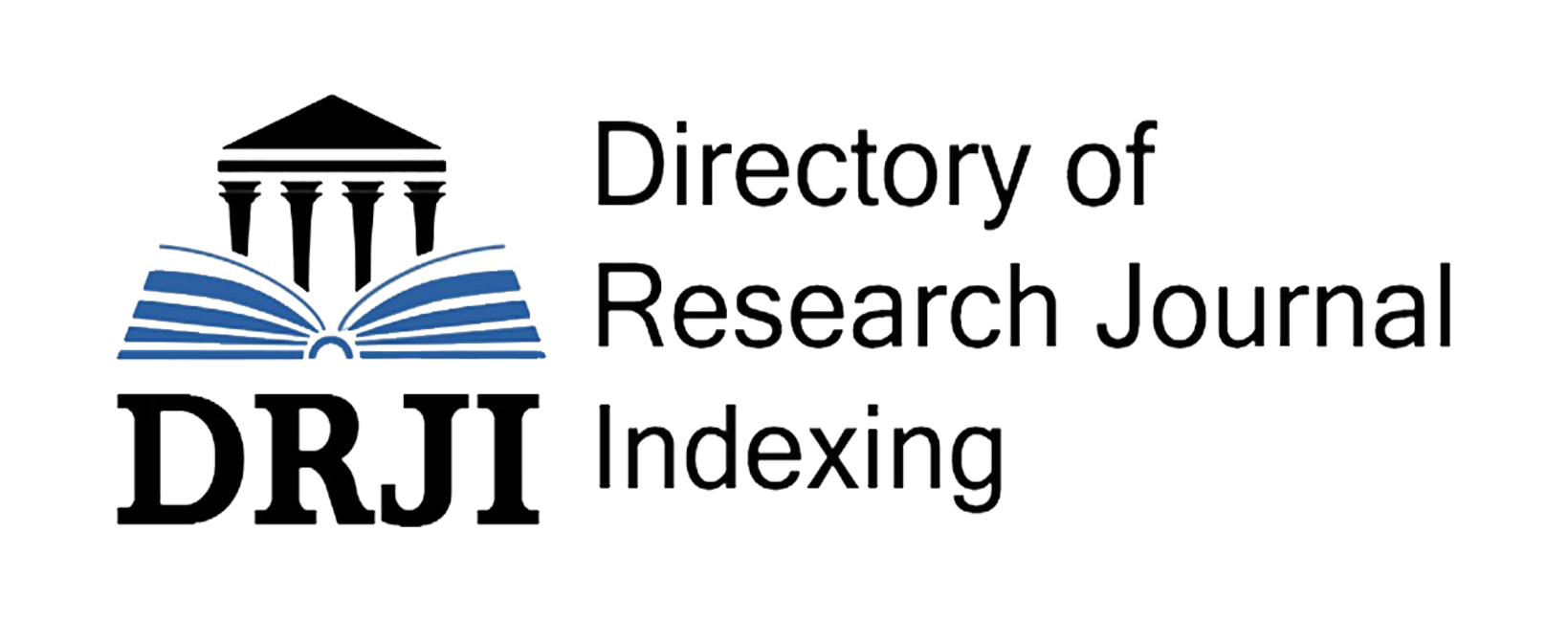THEORETICAL CONTENTIONS ON METAPHOR
Keywords:
concept, conceptual metaphor, cognitive metaphor, metaphor universals, language, goal, metaphor, linguoculturalAbstract
For most people, metaphor is a literary invention, a rhetorical flourish; it's a matter of extraordinary language, not everyday speech. Furthermore, metaphor is usually seen as a property of language alone—that is, as something that has to do with words rather than ideas or deeds. The majority of people believe they can live happily without metaphor because of this. Conversely, we have discovered that metaphor is widely used in daily life—not just in speech but also in cognition and behavior.
References
Abduazizov A.,Parts in Cognitive Linguistics. Tashkent.2007
Alverson Hoyt. Semantics and Experience: Universal metaphors of time in English, Mandarin, Hindi and Sesotho. Baltimore:John Hopkins University Press,1994
Arnold J.V. The English Word. – Leningrad, 1986
Ashurova D.U. Derivative word in the light of communicative language theory: (stylistic aspect). Fan. 1991
Block N., Stalnaker R. Conceptual Analysis and the Explanatory Gap. Philosophical Review. 1999
Braine J. Room at the top.









